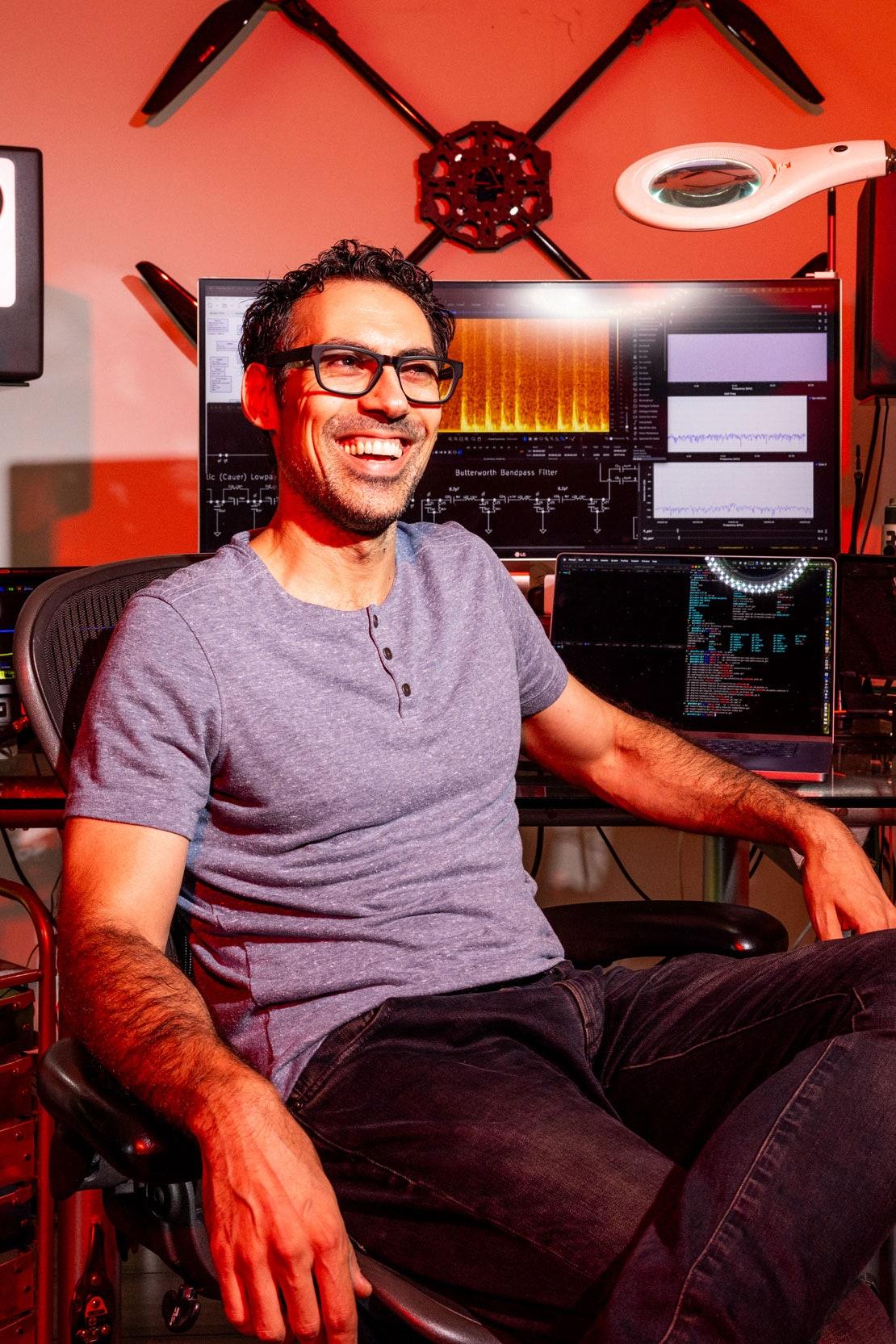In today’s digital age, the threat of cyberattacks and hacking has become a significant concern. Hackers are constantly coming up with new ways to exploit vulnerabilities in our electronic devices. One such method involves the use of an infrared laser to spy on our laptop’s keystrokes, a technique that highlights just how sophisticated and dangerous hacking has become.
Recent research conducted by a team of scientists from the Ben-Gurion University (BGU) in Israel has shed light on how hackers can steal sensitive information by using an infrared laser to eavesdrop on a computer’s keyboard. The researchers have confirmed that this technique can be used to capture keystrokes from a distance of up to 110 meters.
When we type on a keyboard, the keys we press create acoustic waves that travel through air. These waves are too faint for the human ear to detect, but they can be captured and analyzed using a smartphone’s microphone or specialized equipment. The BGU researchers used a smartphone’s microphone to record these acoustic waves, but what makes this technique unique is the use of an infrared laser.
By focusing an infrared laser beam onto a laptop’s keyboard, the hackers can cause the keys to vibrate ever so slightly. Although these vibrations are very subtle, they can still produce acoustic waves. The smartphone’s microphone, placed a few meters away from the laptop, can pick up these acoustic waves, which are then converted into electrical signals. Through signal processing techniques, the researchers were able to decode these signals and determine the keys that were pressed.
It’s important to note that this technique is not easy to execute. The hackers need to have a line of sight to the target laptop, and the equipment used must be finely tuned to capture the acoustic waves accurately. Additionally, the researchers tested different keyboards and found that the technique’s effectiveness varied depending on the keyboard’s design and materials.
Nevertheless, this research highlights the ever-evolving tactics employed by hackers to gain unauthorized access to our personal information. In the wrong hands, the ability to remotely capture keystrokes can lead to severe consequences, including identity theft and financial loss.
So, what can we do to protect ourselves from such threats? There are a few measures that can be taken. One option is to use an encrypted keyboard such as those found in some cybersecurity-focused laptops. These keyboards have unique designs that minimize the propagation of acoustic waves, making it much more difficult for hackers to capture keystrokes.
Additionally, using physical barriers such as keyboard covers made from sound-absorbing materials can help dampen the propagation of acoustic waves, making it harder for hackers to capture them. Regularly updating antivirus software, applying operating system updates, and being cautious when downloading files or clicking on links can also enhance system security.
The research conducted by the BGU team is a wakeup call for both users and computer manufacturers. It’s essential to stay vigilant and aware of the various hacking techniques that are constantly evolving. Manufacturers, on the other hand, should continue to innovate their products and implement enhanced security measures to protect users from emerging threats.
The battle between hackers and cybersecurity experts is an ongoing arms race. As hackers become more innovative and sophisticated, it is up to us to stay informed, take necessary precautions, and invest in technologies that prioritize user security. Only then can we hope to protect ourselves from the potential risks posed by hackers using infrared lasers or other covert methods to spy on our personal information.
Hey Subscribe to our newsletter for more articles like this directly to your email.
